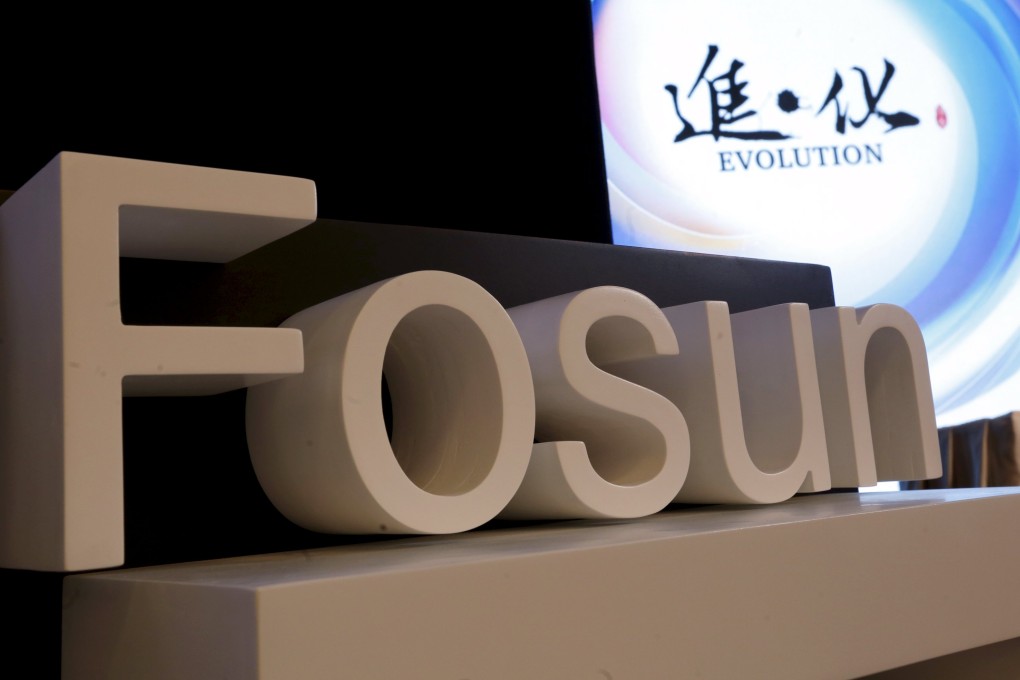Update | Hong Kong stocks finish lower amid weaker oil prices and renewed concerns about China’s financial health
Brokers say investor confidence hammered by yuan’s slide to a fresh four-year low

Hong Kong trading was overshadowed on Friday by the sudden disappearance of Fosun Group chairman Guo Guangchang, and while shares in his mainland and Hong Kong-listed entities were suspended, local markets fell for a seventh consecutive day to its worst weekly close in three months.
The declines came on the back of weaker oil prices and renewed concerns about China’s financial health. Mainland stocks also fell finishing out the session on a five-week low.
Guo disappeared on Thursday prompting suspicions he was the latest target in China’s sweeping anticorruption campaign. Investors reacted nervously to the news sending shares in Guo’s Fosun International down 15.78 per cent in Frankfurt and 11.43 per cent in New York overnight on Thursday.
One of the most aggressively run Chinese conglomerates, Guo’s whereabouts will likely be a major headache for Fosun’s sprawling international operations, which include resort operator Club Med, analysts say.
“It has a very significant impact when something like this happens and it typically throws an enterprise into chaos,” said Steve Vickers, the chief executive of Steve Vickers and Associates, a specialist risk Consultancy.
“Often it means deals go on hold, and officials or employees become reluctant to make decisions. Other partners tend to adopt a wait and see attitude.”